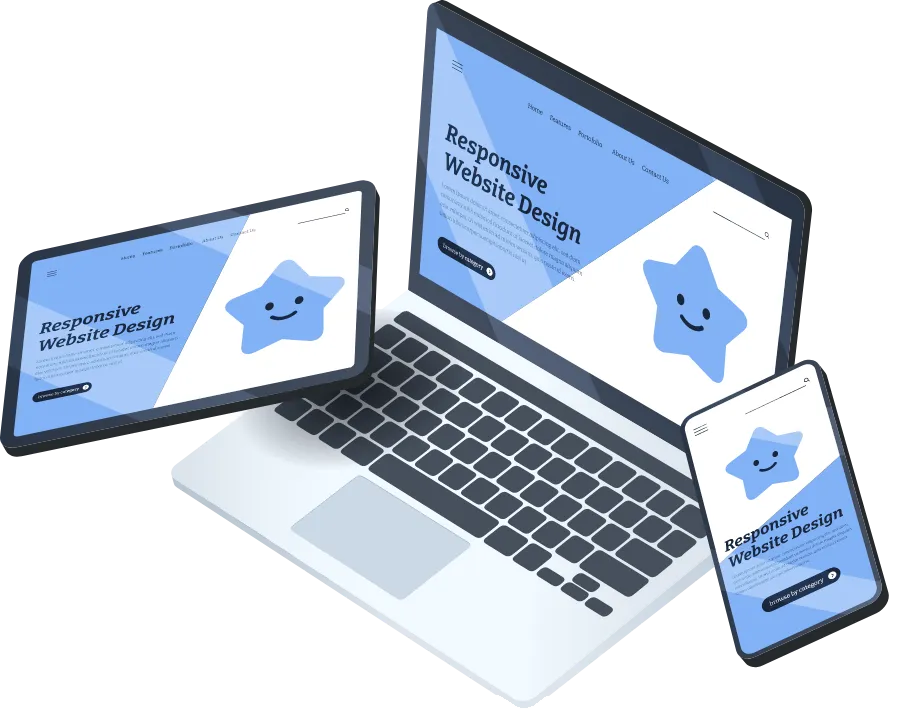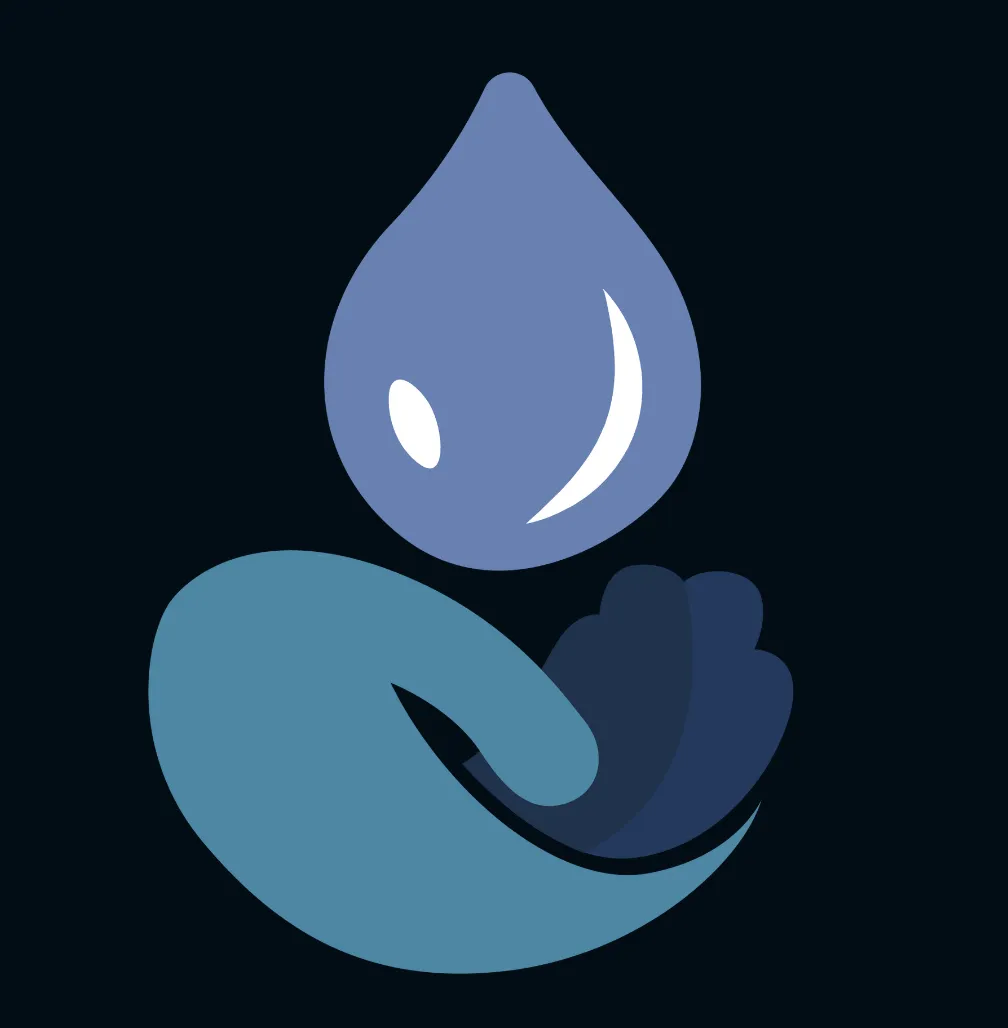Design Your Digital
Success
Crafted Websites and Graphics that Leave a Lasting Impression

Week 2: The Causes – Pollution from Agriculture
Farming Feeds Us — But It’s Poisoning Our Water
When you think of farming, you probably imagine green fields, fresh vegetables, and animals grazing in open pastures. It’s true that agriculture is essential to Uruguay’s economy and food supply. But there’s a hidden cost: farming is also one of the main sources of water pollution in the country.
Most of Uruguay’s farms use fertilizers and pesticides to grow crops and maintain livestock. These chemicals are meant to improve plant growth and control pests, but they don’t stay on the fields. When it rains, the excess chemicals get washed into nearby rivers and lakes — a process called agricultural runoff. This is how harmful substances end up in our water supply.
One major problem caused by runoff is eutrophication. This happens when rivers and lakes receive too many nutrients (like nitrogen and phosphorus), which leads to explosive algae growth. These algae suck up oxygen from the water, making it impossible for fish and other aquatic life to survive. You might have seen water that looks green and slimy — that’s eutrophication in action.
Pesticides in the water can be even more dangerous. Over time, they build up in ecosystems and even enter our drinking water. Long-term exposure to these chemicals is linked to serious health issues, especially for children and people with weakened immune systems.
The situation gets worse when deforestation enters the picture. In many rural areas, forests are cut down to create space for cattle ranching. But trees are essential to the water cycle. They help absorb rainwater and keep soil healthy. Without them, more rainwater runs off the surface instead of soaking into the ground — increasing both drought risk and pollution levels.
Did You Know?
✅ Around 80% of Uruguay’s freshwater sources are affected by agricultural pollution.
✅ The beef industry is one of the largest contributors to water consumption and contamination in the country.
✅ Runoff from farms often contains antibiotics, which can harm aquatic animals and humans.
Take Action: Support Cleaner Farming
Here’s what you can do:
✅ Grow your own chemical-free herbs or vegetables at home or school.
✅ Support eco-friendly or organic farms when buying food.
✅ Share what you’ve learned with friends, family, or on social media.
